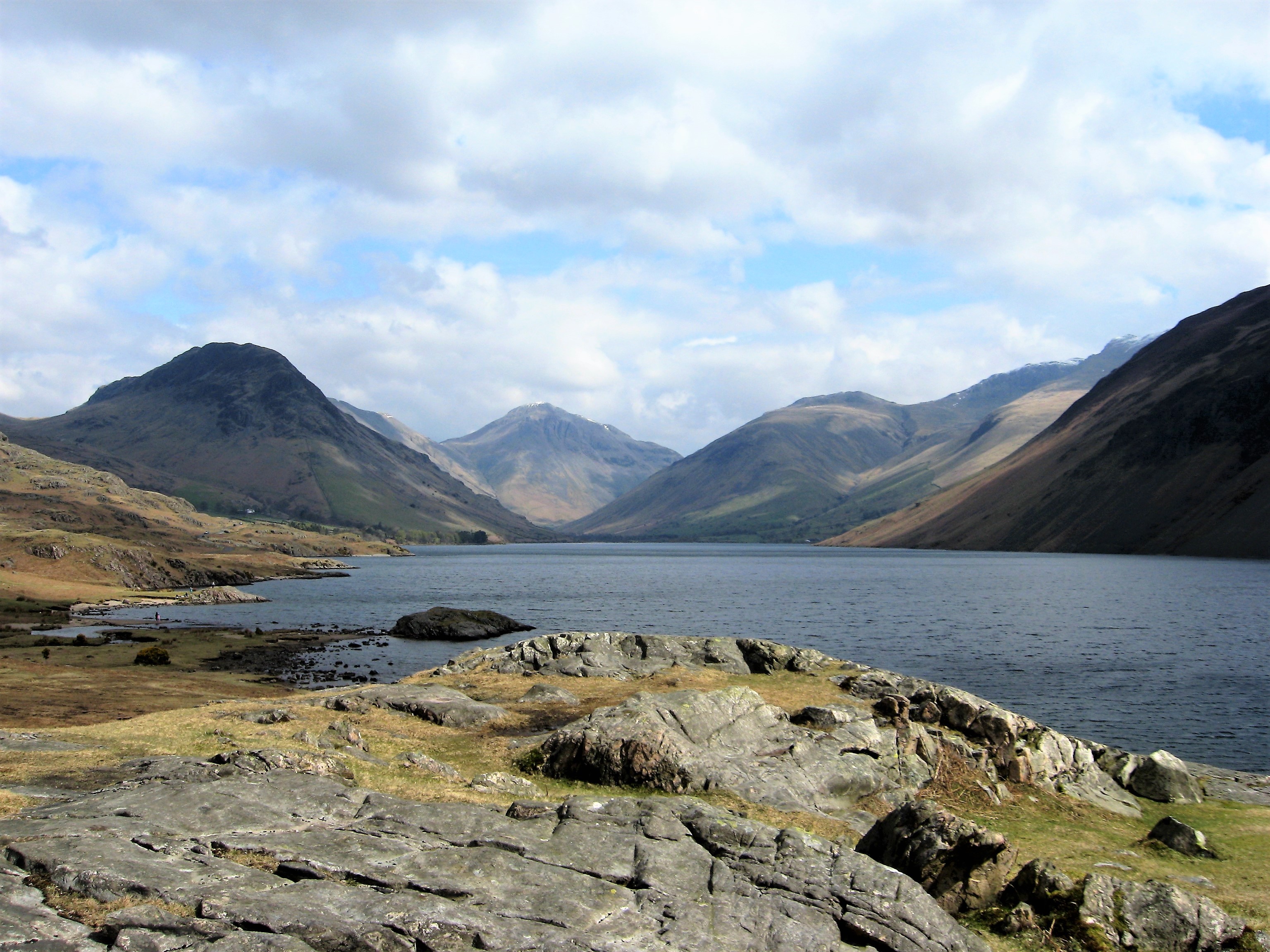
UNESCO World Heritage Site status brings a new opportunity to push your business by providing something new to talk about and underlining the region’s reputation to existing and potential customers.
Many existing World Heritage sites are popular visitor attractions and tourism generates significant spending in local accommodation, retail and hospitality sectors.
There is also the potential to market to new higher spending visitors from new markets around the world. According to VisitBritain, cultural tourists from overseas on average spend more than other categories of visitor; they also tend to be from older age groups and enjoy authentic experiences and trying local food and drink. In the domestic market, cultured couples and families are also higher spending segments and Cumbria has a strong list of assets and attributes (beyond the cultural appeal) that appeal to these markets.
This is a prime opportunity for businesses located across Cumbria to upskill your staff and provide a fresh narrative which enables them to explain to visitors the special qualities of both the Lake District and Hadrian’s Wall World Heritage sites.
Our advice is to: use the resources in this toolkit, update your website, and continue investing in destination marketing and communications to reinforce the region’s unique appeal and futureproof your business. In order to do this we have created a range of assets within this toolkit to help you.
We encourage you all to adopt ‘The English Lake District’ – the brand-new marketing materials into your existing activity.
Just a one per cent increase in cultural visitors – spending more on accommodation, leisure activities, and food and drink – could boost our economy by about £20m.
World Heritage status can raise the international profile and competitiveness of Lake District businesses.
This could help attract and retain talent and draw potential investment into the region. Businesses are already ensuring we maintain vital traditional skills in the region by investing in apprenticeships.
Industry, farming and businesses are entwined with this spectacular cultural landscape and continually explore innovative ways to conserve, yet evolve this special place. They are integral to the World Heritage story by shaping the culture of the Lake District through innovation and entrepreneurialism.
World Heritage can provide the incentive to develop new products and services that will attract new customers and markets.
World Heritage Site status can create global recognition for the Lake District meaning visitors, from both the UK and internationally, will benefit from more accessible information when planning their trip.
Visitors are be able to enjoy a higher quality, broader offer from leisure and hospitality providers who are using the World Heritage status in their marketing.
Visitors from the UK can take ownership and value from having an internationally recognised World Heritage site on their doorstep. This will in turn create a sense of pride.
An economic boost in the area can lead to greater access and improved infrastructure within the Lake District, building upon initiatives that will benefit tourists, such as sustainable travel. Many products are specifically branded as made in the World Heritage Site so look out for these branded goods as a memento of your visit to the English Lake District WHS.
World Heritage Site status provides an opportunity to promote the Lake District to visitors who will stay for longer and spend more. This benefits the local economy, creating greater opportunities for investment in infrastructure and public realm improvements.
The Lake District can become a globally recognised brand. Communities can benefit by using the brand to promote themselves as a place to live, work and play; taking pride from living in a World Heritage Site.
The status generates a sense of civic pride within Lake District communities – creating more opportunities for local events, projects and engagement, such as local history, education and regional food and drink.
Farming communities can benefit from increased recognition of the cultural role of farming and its integral relationship with the landscape and World Heritage status.